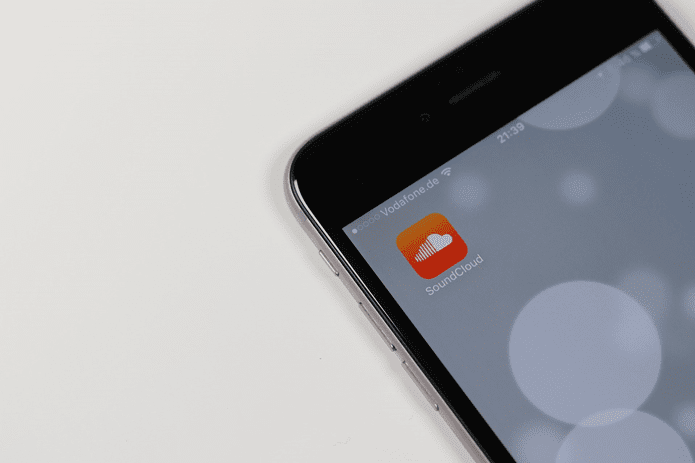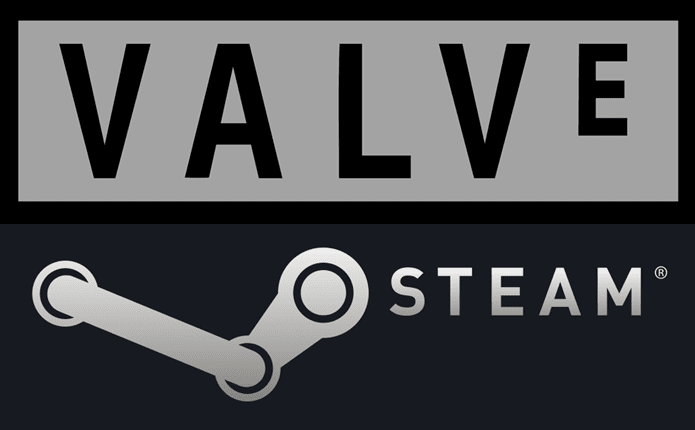While SoundCloud burst on the scene for being arguably pretty unique, there is no shortage of alternatives. Various other websites allow you to upload audio files to share with their own communities of listeners. Whether it’s a cover of your favorite song or your own song mix, these alternatives can still potentially bring you plenty of exposure.
Bandcamp
When people aren’t satisfied with SoundCloud, typically the first place they turn to is Bandcamp. There are a few notable features of Bandcamp that definitely boost its significance when compared to what SoundCloud offers. The first is that you have an opportunity to generate earnings from Bandcamp by allowing listeners to purchase your music directly from the site, either at a price you set or the price they’re willing to pay. You can also sell artist or band merchandise as well. Bandcamp takes a 15 percent cut of music revenue and 10 percent cut from merchandise. Bandcamp is ultimately for artists and bands who are taking their music far more seriously than SoundCloud allows them to. SoundCloud is geared toward audio in general, while Bandcamp is focused specifically on music discovery and distribution. If that interests you, signing up is free.
Tumblr
It’s not often you think of a blogging platform as a satisfactory alternative to a service that promotes listening to and sharing audio. Believe it or not, Tumblr is very underrated among great services for building a brand. For one, Tumblr directly supports audio posts, so you can post nothing but MP3 files to your blog if that’s what you so desire. Second, the wealth of themes available creates the ability to transform your blog into a stylish music collection. Third, Tumblr has built-in promotional tools like tags and reblogging that make your music easily discoverable and shareable. You can opt to pay for some advertising options as well. Selling music is a bit harder with Tumblr, but far from impossible thanks to PayPal and similar services that enable quick selling of just about anything.
Mixcloud
Mixcloud is less about songs and audio on demand and more of a radio service where you choose the internet station and what you hear is ultimately up to that station. However, uploading your own tracks to be a part of that is very easy. Note: Mixcloud is unlike Bandcamp and Tumblr in that you are not permitted to upload your own music singles or covers. It’s mainly for radio shows, podcasts, or DJ mixes that are stored on your computer as audio files. If you’re looking to promote your own musical creations, Mixcloud probably isn’t for you. However, if you’re a DJ, the service may have something to offer. If you upload any original content that Mixcloud approves of, you receive artist royalties, which is a nice perk. Mixcloud does have a generally more limited scope than SoundCloud though, so that’s something to watch out for.
Mixcrate
Mixcrate is more akin to Mixcloud than it is to SoundCloud, since it’s mostly a website for DJs. Again, your own music and singles aren’t allowed here. Neither are podcasts or radio shows. Mixcrate is solely for DJs. It doesn’t get much better either, since there’s no way to receive royalties or monetize your mixes whatsoever. Okay, so why even bother with Mixcrate? Well the only appeal is that it has a decent community. If you don’t care about making any money, but you just want to get your DJ mixes out there and bring awareness to your brand, Mixcrate offers you a solid opportunity to do that.
Myspace
Alright, so Myspace completely lost the social network battle. Luckily, it no longer competes with Facebook or Twitter. Instead, Myspace started focusing far more on what it always did best: music (and to a degree, video.) Artists and bands always preferred Myspace to Facebook during that transitional period around 2008 because Myspace provided a significantly better platform for music discovery. That’s what it continues to do now. It only takes a few seconds to sign up for Myspace with a Facebook or Twitter account (ironic, right?) and you’ll be on your way to uploading your own songs and albums, as long as you own all the rights to them. Monetization options are little t0o nonexistent here, but Myspace does provide valuable insight on how your music is performing across the community. Plus, given the brand name, Myspace.com still drives plenty of traffic. You’ll just have to convince your friends that they should be viewing your Myspace page in this decade. The above article may contain affiliate links which help support Guiding Tech. However, it does not affect our editorial integrity. The content remains unbiased and authentic.













